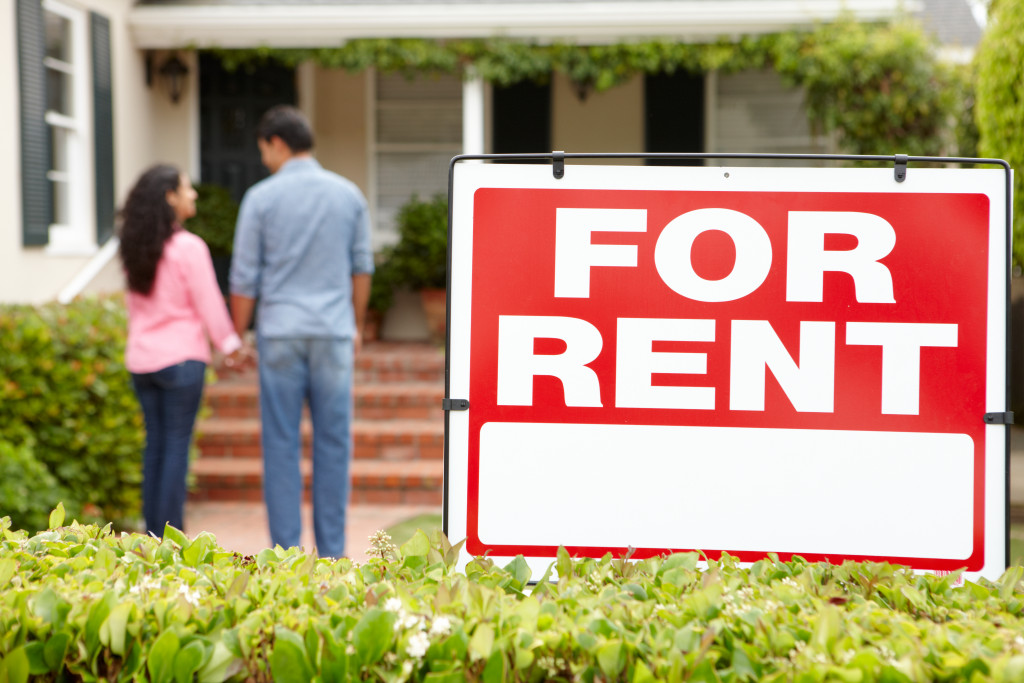- Quality tenants, regular maintenance, and proper home security are crucial to minimizing rental property losses.
- Landlord insurance and comprehensive record-keeping protect against financial costs and disputes.
- Regular inspections help to prevent problems like water damage, pests, and system malfunctions.
- Critical investments in home security and insurance coverages provide essential safeguards for your property.
If you’re a property owner, it’s essential to maximize your gains and minimize your losses. One of the best ways to do so is by protecting your rental properties. Excellent property management can help safeguard your investment and ensure steady cash flow.
However, it’s also crucial to prepare for potential problems and have a plan in place for how to mitigate any losses. Fortunately, this blog has got you covered. This blog will share essential tips to help you minimize losses and keep your rental property profitable.
Look for Quality Tenants.
One of the most effective ways to avoid losses is by selecting quality tenants. You should screen each prospective tenant thoroughly, checking their rental history, credit score, and references. Taking the time to find great tenants reduces the risk of property damage and rent defaults.
Maintenance is Key.
Maintenance is vital to preventing more significant, more expensive issues from developing later on. Having a well-maintained property will ensure that your tenants are comfortable and safe while also keeping the home in good condition. Here are four of the most essential home maintenance tasks you need to stay on top of:
Regularly check for any water damage.
Water damage is one of the most common issues that can lead to more severe problems, such as mold and rot. Keep an eye out for any standing water around your property or any signs of moisture-related damage.
Ensure proper insulation.
Insulating your home correctly will help reduce energy costs and protect it from the elements. Inspect any insulation installed in the attic, walls, and flooring of your rental property to avoid any potential problems.
Check all systems regularly.
It’s essential to check your HVAC system regularly for any issues and ensure that it is functioning correctly. Additionally, inspect the plumbing and electrical systems for any signs of damage or malfunctions.
Keep an eye out for pests.
Pests can cause a lot of damage and be a significant nuisance for your tenants. Make sure to regularly inspect the area for any signs of rodents or insects and take steps to prevent them from entering the property.
Inspect the exterior of the property.

Exterior maintenance is just as essential, if not more so, for protecting your rental property from potential losses. Make sure to check the roof and siding of the property for any damage or signs of wear and tear. It’s also a good idea to trim shrubbery and remove any dead plants, which could create an inviting environment for pests.
Don’t wait for repairs to turn into costly damage that will ultimately affect your profits. Make sure you keep records of all maintenance activities and expenses.
Reinforce Home Security.
Installing a home security system is one of the best investments you can make as a landlord. Not only does it protect your property, but it also makes tenants feel safe and secure living in your rental.
Consider investing in a central alarm monitoring system to help identify any potential security risks and threats. This monitoring system also comes with other benefits like disaster recovery and data resiliency services that can help protect your rental property in case of an emergency.
Purchase Insurance.
Investing in landlord insurance protects you from the financial costs of damage or complaints that may arise from tenants. Damage can occur in many ways, and it often goes beyond the security deposit amount. Standard landlord insurance plans typically cover damage caused by violent acts, theft, explosions, fires, and severe weather.
Keep Detailed Records.

Property management involves a ton of record-keeping, and it shouldn’t be overlooked. Keeping detailed records of all transactions, repairs, and maintenance activities will help you avoid disputes and potential claims. Good record-keeping should also include copies of signed rental agreements, rent and deposit receipts, and relevant correspondence.
You can effectively minimize losses and protect your rental property investment by carefully selecting quality tenants, performing regular maintenance, reinforcing home security, purchasing landlord insurance, and maintaining detailed records. These strategies have a significant role in safeguarding your property, promoting tenant satisfaction, and ensuring a steady cash flow.
Although this may seem like a hefty workload, it’s all part of being a responsible property owner. The time, effort, and resources you dedicate today will pay off handsomely in the future, helping you maintain a profitable and successful rental property business.




